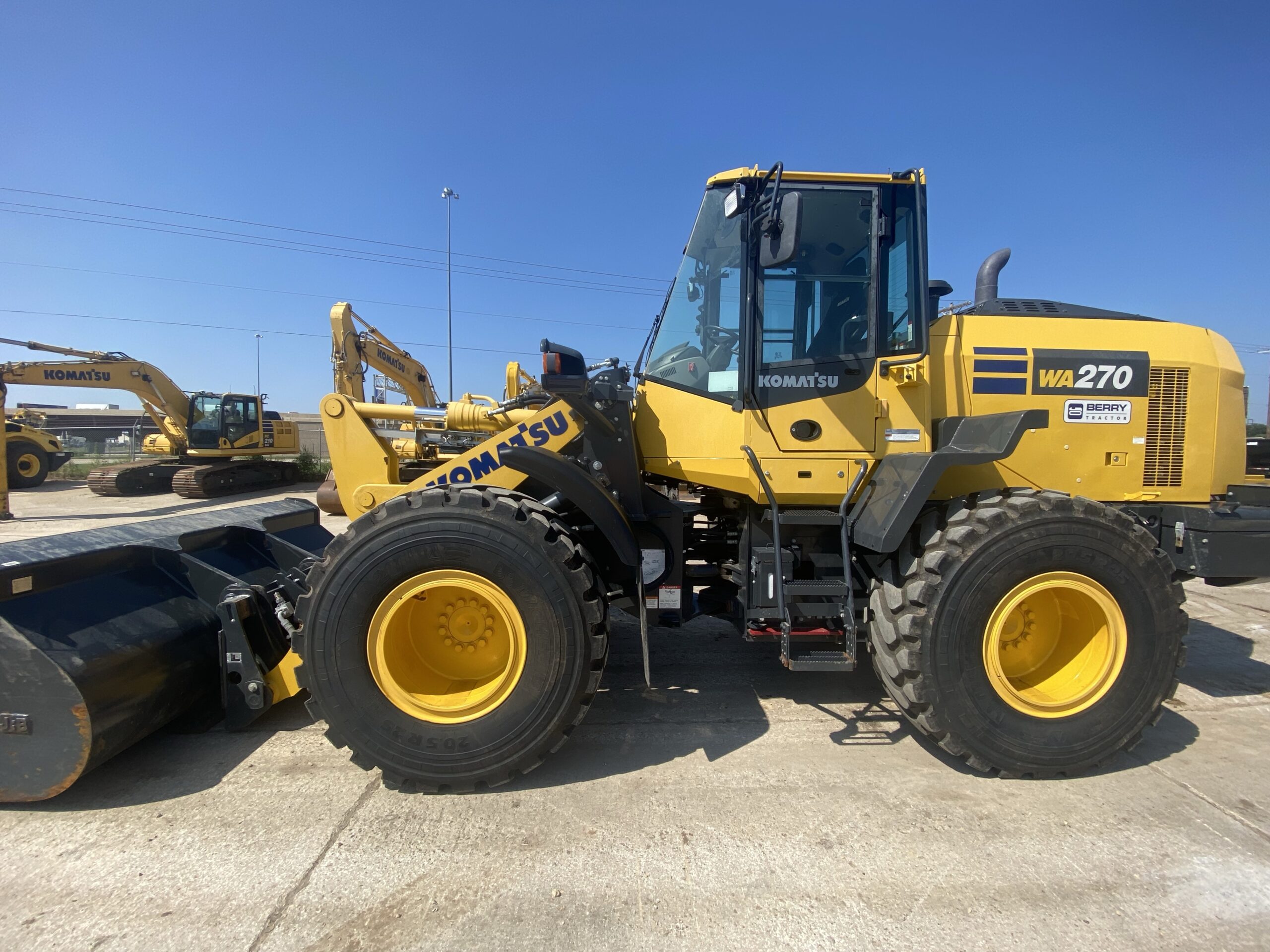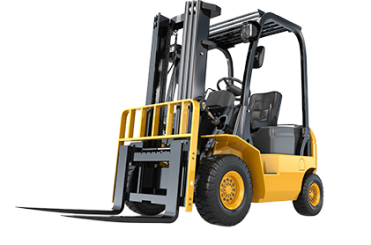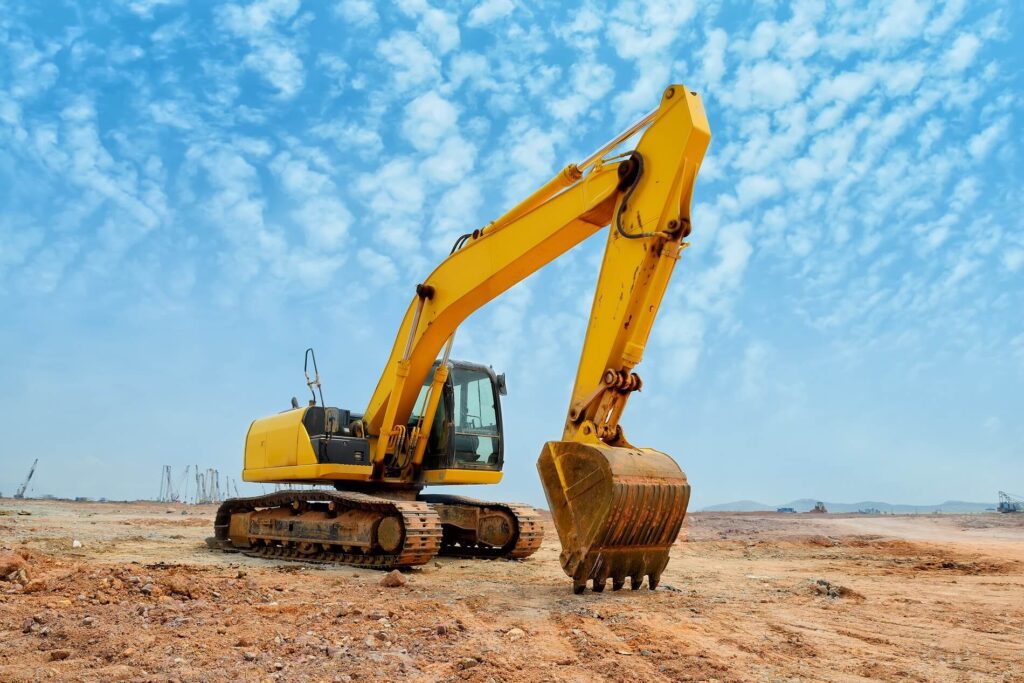Explore Our Equipment Rental Company for High-Quality Dozer Rental and Scissor Lift Rental Services
Explore Our Equipment Rental Company for High-Quality Dozer Rental and Scissor Lift Rental Services
Blog Article
Important Tips for Taking Care Of Hefty Equipment Rental Arrangements and Logistics Efficiently
Successfully managing heavy tools rental agreements and logistics is crucial for the success of any project that relies upon these resources. A detailed understanding of rental terms, coupled with accurate assessment of equipment requirements, lays the structure for positive negotiations. In addition, collaborating transportation logistics and intending for recurring maintenance can dramatically decrease unforeseen expenses and delays. The ins and outs of these elements often present challenges that call for critical insight. What are the essential factors to consider that can transform these possible challenges right into possibilities for effectiveness and cost-saving?
Understand Rental Terms
Understanding rental terms is crucial for successful heavy devices administration. The rental period defines the timeframe for which the equipment is rented, influencing budgeting and task timelines.
Furthermore, it is critical to comprehend the maintenance commitments laid out in the agreement. Usually, rental companies maintain the devices, yet recognizing that is responsible for routine checks and repair work is crucial to stop functional disruptions. Furthermore, terms may consist of conditions worrying responsibility for problems or theft, which can have severe monetary ramifications otherwise correctly understood.

Assess Equipment Requirements
Analyzing tools needs is a crucial action for any task manager intending to enhance resource appropriation and enhance operational performance. This process includes a comprehensive analysis of the task requirements, including certain tasks, timelines, and the sort of devices essential to achieve desired outcomes.
Begin by determining the extent of the project and the jobs that will be done. Take into consideration factors such as the terrain, the range of procedures, and any kind of possible challenges that might affect devices choice. Involving with team members who will operate the machinery can offer useful understandings right into practical requirements and preferences.

Next, assess the capacity and capabilities of readily available equipment options. It is important to match the best tools to the tasks at hand, making sure that it can manage the expected workload without jeopardizing security or efficiency.
Additionally, factor in the rental period and frequency of usage. Understanding these elements can aid figure out whether renting out or buying is one of the most affordable remedy. By conducting an extensive evaluation of tools demands, project managers can make enlightened decisions that result in boosted efficiency and decreased functional expenses.
Negotiate Effectively
When the equipment needs are clearly recognized, the next step entails effective settlement with rental firms to safeguard favorable terms. Begin by looking into various rental companies to understand their rates frameworks, supply availability, and credibility.
When coming close to the negotiation table, be clear about your requirements, consisting of the kind of devices, rental period, and any kind of added services you might require. This openness makes it possible for rental companies to give tailored solutions that can meet your particular demands (equipment rental company). Don't be reluctant to ask for price cuts, specifically for long-term services or mass orders, as many companies agree to provide concessions to secure larger contracts
These factors can substantially affect the overall price and ought to be clearly laid out in the rental contract. Ensure that all agreed-upon terms are documented in creating to protect against misconceptions and protect your rate of interests throughout the rental duration.
Coordinate Transportation Logistics
Coordinating transport logistics is an important facet of handling heavy equipment rental contracts. Effective transportation ensures that equipment is supplied promptly and in optimum problem, thus decreasing downtime and enhancing task efficiency. To achieve this, it is necessary to develop an extensive logistics intend that outlines the entire transportation procedure from pickup to delivery.
Begin by evaluating the certain transport demands based on the kind and dimension of the tools involved - mini excavator rental. Involve with reliable transport carriers that focus on hefty devices to ensure they have the needed knowledge and devices, such as flatbed trucks or specialized trailers. Go over aspects such as weight limits, tool hire companies near me route limitations, and required authorizations to stay clear of unanticipated delays
Furthermore, preserve open interaction with both the rental firm and the transport provider to work with timetables successfully. Validate all information, including pickup and drop-off times, to guarantee everybody is lined up and prepared. Lastly, develop backup strategies to resolve any type of prospective disturbances, such as negative weather condition or traffic problems, which might influence the transport timeline. By meticulously coordinating transport logistics, you can maintain the integrity of your rental arrangement and assist in smooth project implementation.
Strategy for Maintenance and Assistance

Additionally, it is important to interact straight with the rental copyright regarding maintenance duties. Some arrangements might include maintenance as component of the rental service, while in various other instances, the obligation may drop on the tenant. Comprehending these terms will aid avoid unexpected costs and responsibilities.
On top of that, having access to technical assistance can be vital. Make sure that the rental business supplies 24/7 assistance or an emergency situation get in touch with, enabling speedy resolution of any kind of tools concerns. Educating your team on correct devices use and routine checks can additionally substantially improve operational efficiency.
Verdict
In final thought, effective monitoring of hefty devices rental agreements and logistics rest on an extensive understanding of rental terms, accurate assessment of tools needs, and experienced settlement skills. Working with transportation logistics and planning for maintenance further boost functional efficiency. By applying these techniques, companies can alleviate risks, control expenses, and ensure that jobs progress smoothly and within established timelines. Highlighting clear communication with all stakeholders YOURURL.com stays critical in browsing the intricacies of equipment service and logistics administration.
Properly taking care of heavy devices rental contracts and logistics is vital for the success of any job that depends on these sources. By extensively dingo backhoe reviewing and understanding these rental terms, organizations can make educated decisions, alleviate dangers, and make sure that their heavy tools management lines up with job goals and economic constraints.Coordinating transportation logistics is a vital element of managing heavy equipment rental agreements.In verdict, reliable management of heavy devices rental contracts and logistics hinges on a complete understanding of rental terms, precise analysis of tools requirements, and proficient negotiation abilities. Emphasizing clear interaction with all stakeholders remains essential in navigating the intricacies of devices leasing and logistics monitoring.
Report this page